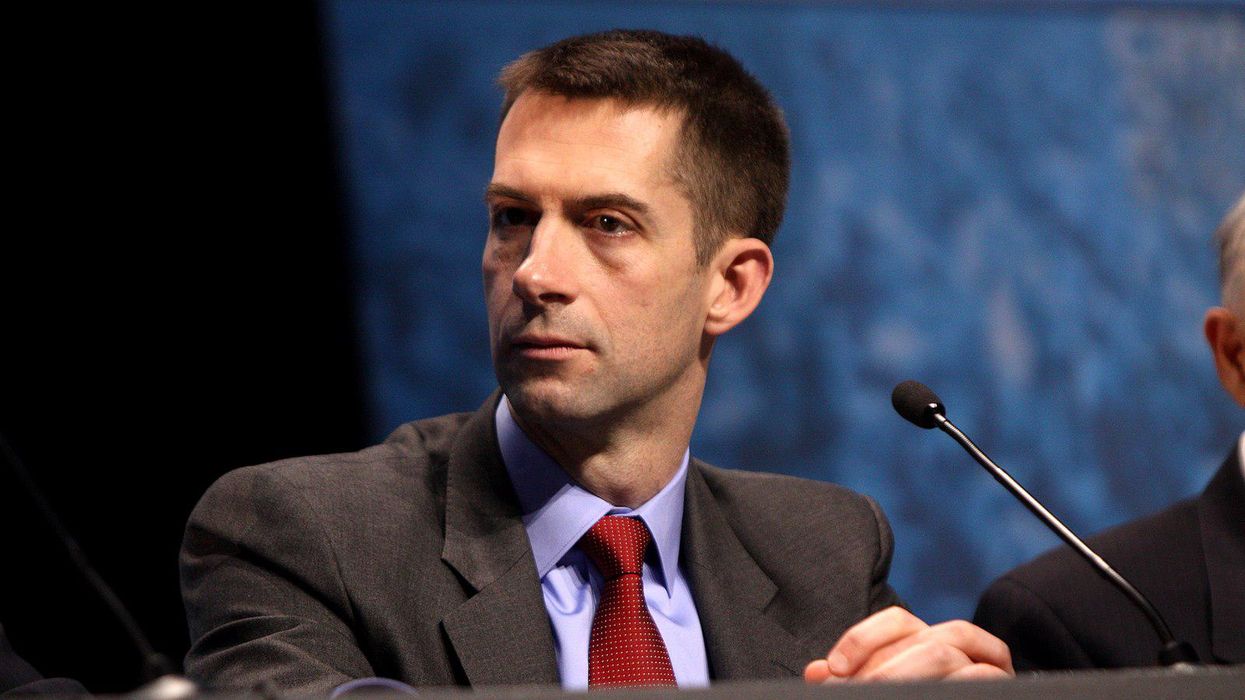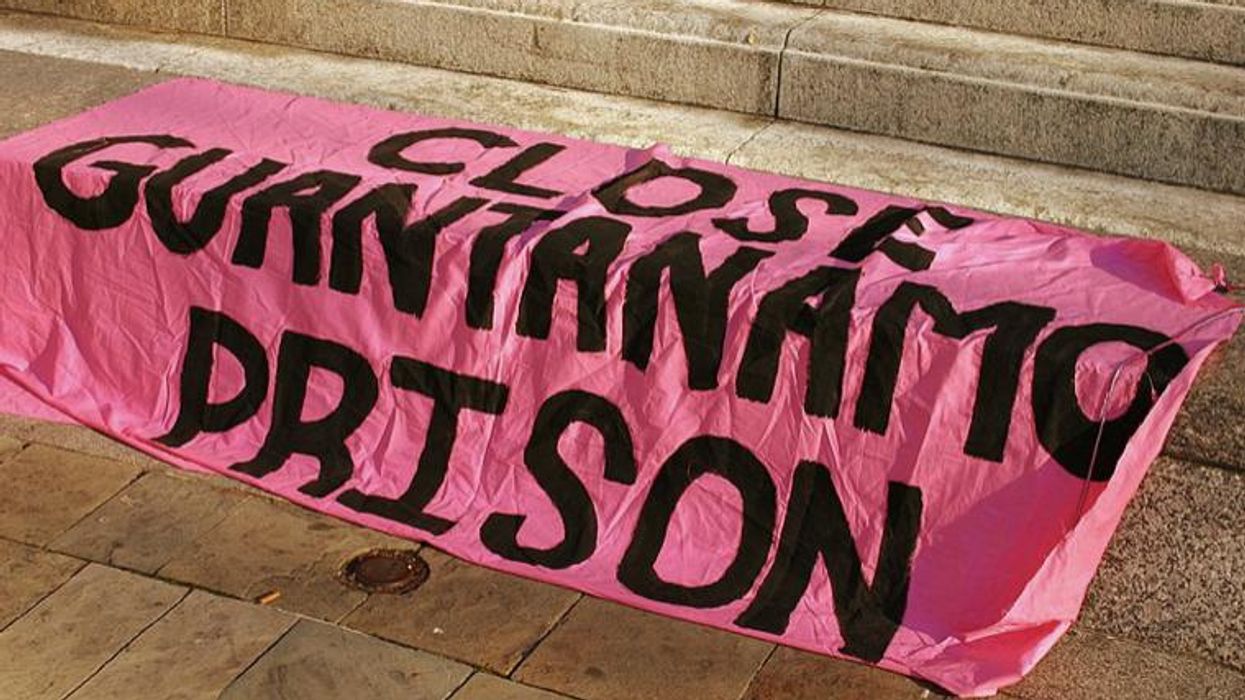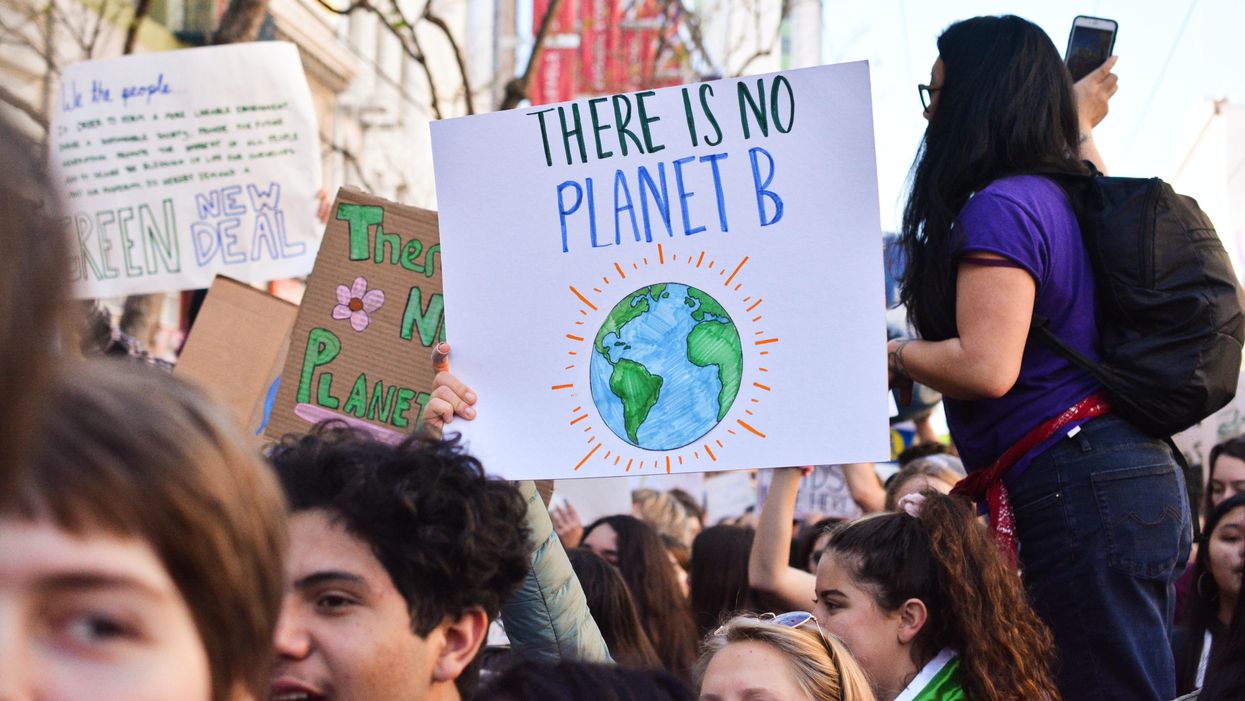Reprinted with permission from TomDispatch
The Guantánamo conundrum never seems to end.
Twelve years ago, I had other expectations. I envisioned a writing project that I had no doubt would be part of my future: an account of Guantánamo's last 100 days. I expected to narrate in reverse, the episodes in a book I had just published, The Least Worst Place: Guantánamo's First 100 Days, about — well, the title makes it all too obvious — the initial days at that grim offshore prison. They began on January 11, 2002, as the first hooded prisoners of the American war on terror were ushered off a plane at that American military base on the island of Cuba.
Needless to say, I never did write that book. Sadly enough, in the intervening years, there were few signs on the horizon of an imminent closing of that U.S. military prison. Weeks before my book was published in February 2009, President Barack Obama did, in fact, promise to close Guantánamo by the end of his first year in the White House. That hope began to unravel with remarkable speed. By the end of his presidency, his administration had, in fact, managed to release 197 of the prisoners held there without charges — many, including Mohamedou Ould Slahi, the subject of the film The Mauritanian, had also been tortured — but 41 remained, including the five men accused but not yet tried for plotting the 9/11 attacks. Forty remain there to this very day.
Nearly 20 years after it began, the war in Afghanistan that launched this country's Global War on Terror and the indefinite detention of prisoners in that facility offshore of American justice is now actually slated to end. President Biden recently insisted that it is indeed "time to end America's longest war" and announced that all American troops would be withdrawn from that country by September 11, the 20th anniversary of al-Qaeda's attack on the United States.
It makes sense, of course, that the conclusion of those hostilities would indeed be tied to the closure of the now-notorious Guantánamo Bay detention facility. Unfortunately, for reasons that go back to the very origins of the war on terror, ending the Afghan part of this country's "forever wars" may not presage the release of those "forever prisoners," as New York Times reporter Carol Rosenberg so aptly labeled them years ago.
Biden And Guantánamo
Just as President Biden has a history, dating back to his years as Obama's vice-president, of wanting to curtail the American presence in Afghanistan, so he called years ago for the closure of Guantánamo. As early as June 2005, then-Senator Biden expressed his desire to shut that facility, seeing it as a stain on this country's reputation abroad.
At the time, he proposed that an independent commission take a look at Guantánamo Bay and make recommendations as to its future. "But," he said then, "I think we should end up shutting it down, moving those prisoners. Those that we have reason to keep, keep. And those we don't, let go." Sixteen years later, he has indeed put in motion an interagency review to look into that detention facility's closing. Hopefully, once he receives its report, his administration can indeed begin to shut the notorious island prison down. (And this time, it could even work.)
It's true that, in 2021, the idea of shutting the gates on Guantánamo has garnered some unprecedented mainstream support. As part of his confirmation process, Secretary of Defense Lloyd Austin, for instance, signaled his support for its closure. And Congress, long unwilling to lend a hand, has offered some support as well. On April 16, 24 Democratic senators signed a letter to the president calling that facility a "symbol of lawlessness and human rights abuses" that "continues to harm U.S. national security" and demanding that it be shut.
As those senators wrote,
"For nearly two decades, the offshore prison has damaged America's reputation, fueled anti-Muslim bigotry, and weakened the United States' ability to counter terrorism and fight for human rights and the rule of law around the world. In addition to the $540 million in wasted taxpayer dollars each year to maintain and operate the facility, the prison also comes at the price of justice for the victims of 9/11 and their families, who are still waiting for trials to begin."
Admittedly, the number of signatories on that letter raises many questions, including why there aren't more (and why there isn't a single Republican among them). Is it just a matter of refusing to give up old habits or does it reflect a lack of desire to address an issue long out of the headlines? Where, for example, was Senate Majority Leader Chuck Schumer's name, not to mention those other 25 missing Democratic senatorial signatures?
And there's another disappointment lurking in its text. While those senators correctly demanded a reversal of the Trump administration's "erroneous and troubling legal positions" regarding the application of international and domestic law to Guantánamo, they failed to expand upon the larger context of that forever nightmare of imprisonment, lawlessness, and cruelty that affected the war-on-terror prisoners at Guantánamo as well as at the CIA's "black sites" around the world.
Still, that stance by those two-dozen senators is significant, since Congress has, in the past, taken such weak positions on closing the prison. As such, it provides some hope for the future.
For the rest of Congress and the rest of us, when thinking about finally putting Guantánamo in the history books, it's important to remember just what a vast deviation it proved to be from the law, justice, and the norms of this society. It's also worth thinking about the American "detainees" there in the context of what normally happens when wars end.
Prisoners Of War
Defying custom and law, the American war in Afghanistan broke through norms like a battering ram through a gossamer wall. Guantánamo was created in just that context, a one-of-a-kind institution for this country. Now, so many years later, it's poised to break through yet another norm.
Usually, at the end of hostilities, battlefield detainees are let go. As Geneva Convention III, the law governing the detention and treatment of prisoners of war, asserts: "Prisoners of war shall be released and repatriated without delay after the cessation of active hostilities."
That custom of releasing prisoners has, in practice, pertained not only to those held on or near the battlefield but even to those detained far from the conflict. Before the Geneva Conventions were created, the custom of releasing such prisoners was already in place in the United States. Notably, during World War II, the U.S. held 425,000 mostly German prisoners in more than 500camps in this country. When the war ended, however, they were released and the vast majority of them were returned to their home countries.
When it comes to the closure of Guantánamo, however, we can't count on such an ending. Two war-on-terror realities stand in the way of linking the coming end of hostilities in Afghanistan to the shutting down of that prison. First, the Authorization for the Use of Military Force that Congress passed right after the 9/11 attacks was not geographically defined or limited to the war in Afghanistan. It focused on but was not confined to two groups, the Taliban and al-Qaeda, as well as anyone else who had contributed to the attacks of 9/11. As such, it was used as well to authorize military engagements — and the capture of prisoners — outside Afghanistan. Since 2001, in fact, it has been cited to authorize the use of force in Pakistan, Yemen, Somalia and elsewhere. Of the 780 prisoners held at Guantánamo Bay at one time or another, more than a third came from Afghanistan; the remaining two-thirds were from 48 other countries.
A second potential loophole exists when it comes to the release of prisoners as that war ends. The administration of George W. Bush rejected the very notion that those held at Guantánamo were prisoners of war, no matter how or where they had been captured. As non-state actors, according to that administration, they were exempted from prisoner of war status, which is why they were deliberately labeled "detainees."
Little wonder then that, despite Secretary of Defense Austin's position on Guantánamo, as the New York Timesrecently reported, Pentagon spokesman John Kirby "argued that there was no direct link between its future and the coming end to what he called the 'mission' in Afghanistan."
In fact, even if that congressional authorization for war and the opening of Guantánamo on which it was based never were solely linked to the conflict in Afghanistan, it's time, almost two decades later, to put an end to that quagmire of a prison camp and the staggering exceptions that it's woven into this country's laws and norms since 2002.
A "Forever Prison"?
The closing of Guantánamo would finally signal an end to the otherwise endless proliferation of exceptions to the laws of war as well as to U.S. domestic and military legal codes. As early as June 2004, Supreme Court Justice Sandra Day O'Connor flagged the possibility that a system of indefinite detention at Guantánamo could create a permanent state of endless legal exceptionalism.
She wrote an opinion that month in a habeas corpus case for the release of a Guantánamo detainee, the dual U.S.-Saudi citizen Yaser Hamdi, warning that the prospect of turning that military prison into a never-ending exception to wartime detention and its laws posed dangers all its own. As she put it, "We understand Congress' grant of authority for the use of 'necessary and appropriate force' to include the authority to detain for the duration of the relevant conflict, and our understanding is based on longstanding law-of-war principles." She also acknowledged that "if the practical circumstances of a given conflict are entirely unlike those of the conflicts that informed the development of the law of war, that [the] understanding [of release upon the end of hostilities] may unravel. But," she concluded, "that is not the situation we face as of this date."
Sadly enough, 17 years later, it turns out that the detention authority may be poised to outlive the use of force. Guantánamo has become an American institution at the cost of $13 million per prisoner annually. The system of offshore injustice has, by now, become part and parcel of the American system of justice — our very own "forever prison."
The difficulty of closing Guantánamo has shown that once you move outside the laws and norms of this country in a significant way, the return to normalcy becomes ever more problematic — and the longer the exception, the harder such a restoration will be. Remember that, before his presidency was over, George W. Bush went on record acknowledging his preference for closing Guantánamo. Obama made it a goal of his presidency from the outset. Biden, with less fanfare and the lessons of their failures in mind, faces the challenge of finally closing America's forever prison.
With all that in mind, let me offer you a positive twist on this seemingly never-ending situation. I won't be surprised if, in fact, President Biden actually does manage to close Guantánamo. He may not do so as a result of the withdrawal of all American forces from Afghanistan, but because he seems to have a genuine urge to shut the books on the war on terror, or at least the chapter of it initiated on 9/11.
And if he were also to shut down that prison, in the spirit of that letter from the Democratic senators, it would be because of Guantánamo's gross violations of American laws and norms. While the letter did not go so far as to name the larger war-on-terror sins of the past, it did at least draw attention directly to the wrongfulness of indefinite detention as a system created expressly to evade the law — and one that brought ill-repute to the United States globally.
That closure should certainly happen under President Biden. After all, any other course is not only legally unacceptable, but risks perpetuating the idea that this country continues to distrust the principles of law, human rights, and due process – indeed, the very fundamentals of a democratic system.
Karen J. Greenberg, a TomDispatch regular, is the director of the Center on National Security at Fordham Law and author of the forthcoming Subtle Tools: The Dismantling of Democracy from the War on Terror to Donald Trump (Princeton University Press, August). Julia Tedesco helped with research for this piece.




